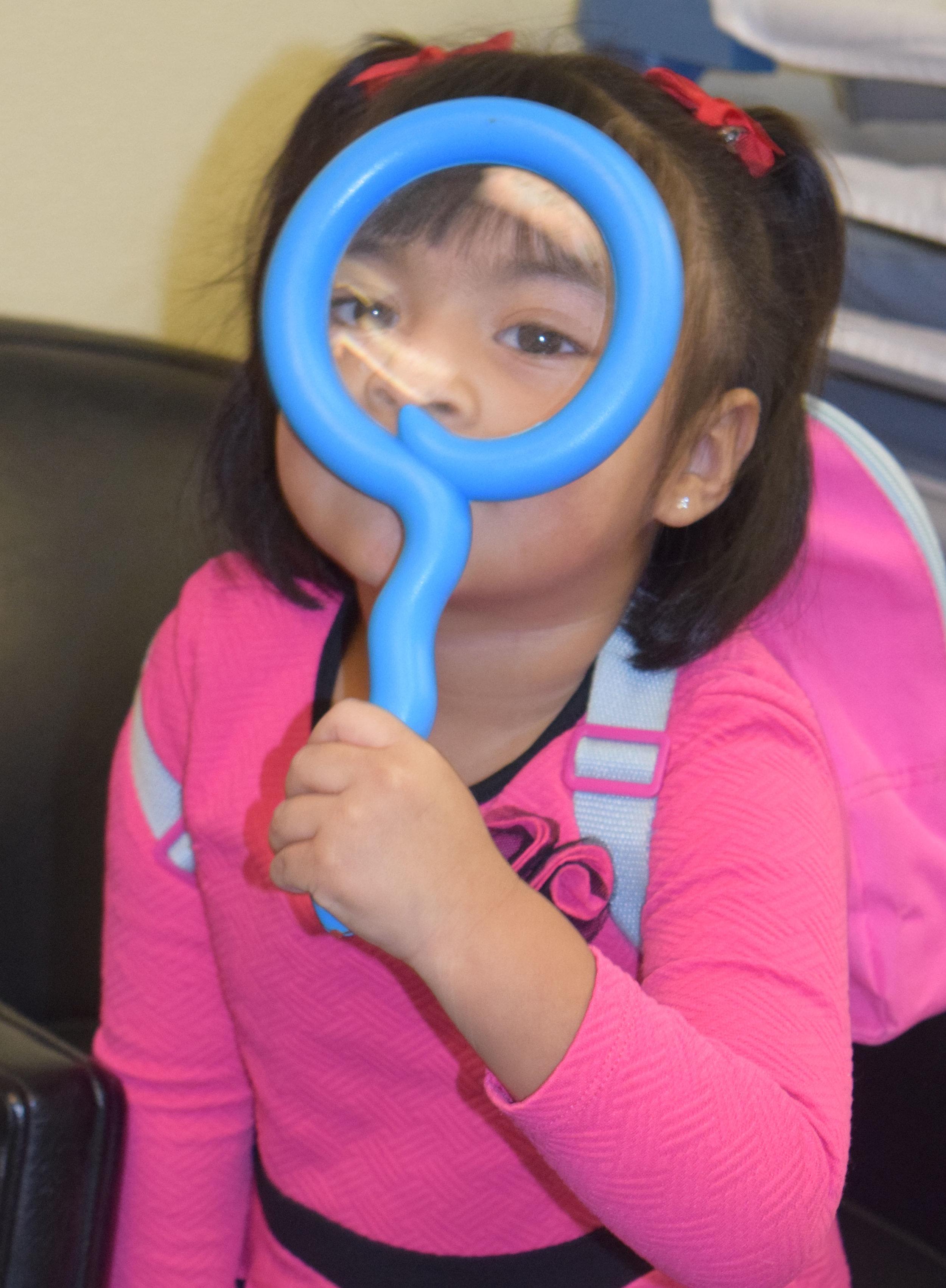Children develop critical thinking skills through science
You may not realize it, but toddlers and preschoolers are using science skills every day.
When your child constantly asks you “Why?” or drops toys on the floor to see what you will do, he is developing critical thinking skills and making predictions. Learning skills to support scientific thinking is an important part of a young child’s development.
“Science activities build young children’s observation, prediction, and conclusion-making skills, as well as strengthen their vocabularies while sharing in new discoveries,” said Dijani Dagle, lead teacher at the Children’s Learning Center in Walled Lake.
Developing early science skills
Young children explore and observe the world around them by using their senses. Whether you are outside in the yard or in the kitchen, give your child the opportunity to explore his or her surroundings by feeling, touching, tasting or listening.
Everyday objects around the house, such as rocks, leaves, sticks, measuring cups, and magnets can be easily used to help your toddler or preschooler develop scientific thinking skills. Here are some activities you can do with your child to help build early science skills:
Go on a nature walk and collect natural materials that you and your child can observe together or use to make mud pies.
Get scientific conversations going by using measuring cups during bath time or making treats in the kitchen.
Blow bubbles outside when temperatures dip to the single digits and watch them freeze.
Place white flowers in colored water and watch how they soak up the hues.
Engaging children in science
We can model scientific thinking and provide opportunities for children to explore science through everyday moments. When speaking to your child, ask open-ended questions to get him or her thinking and communicating thoughts and ideas. Your child also can learn how to make predictions when you ask, “What do you think will happen next?”
“Questions like ‘what,’ ‘how,’ and ‘why’ are important for toddlers and preschoolers to explore,” Dagle said. “The best way to get your child interested in science is making activities hands on and fun.”


